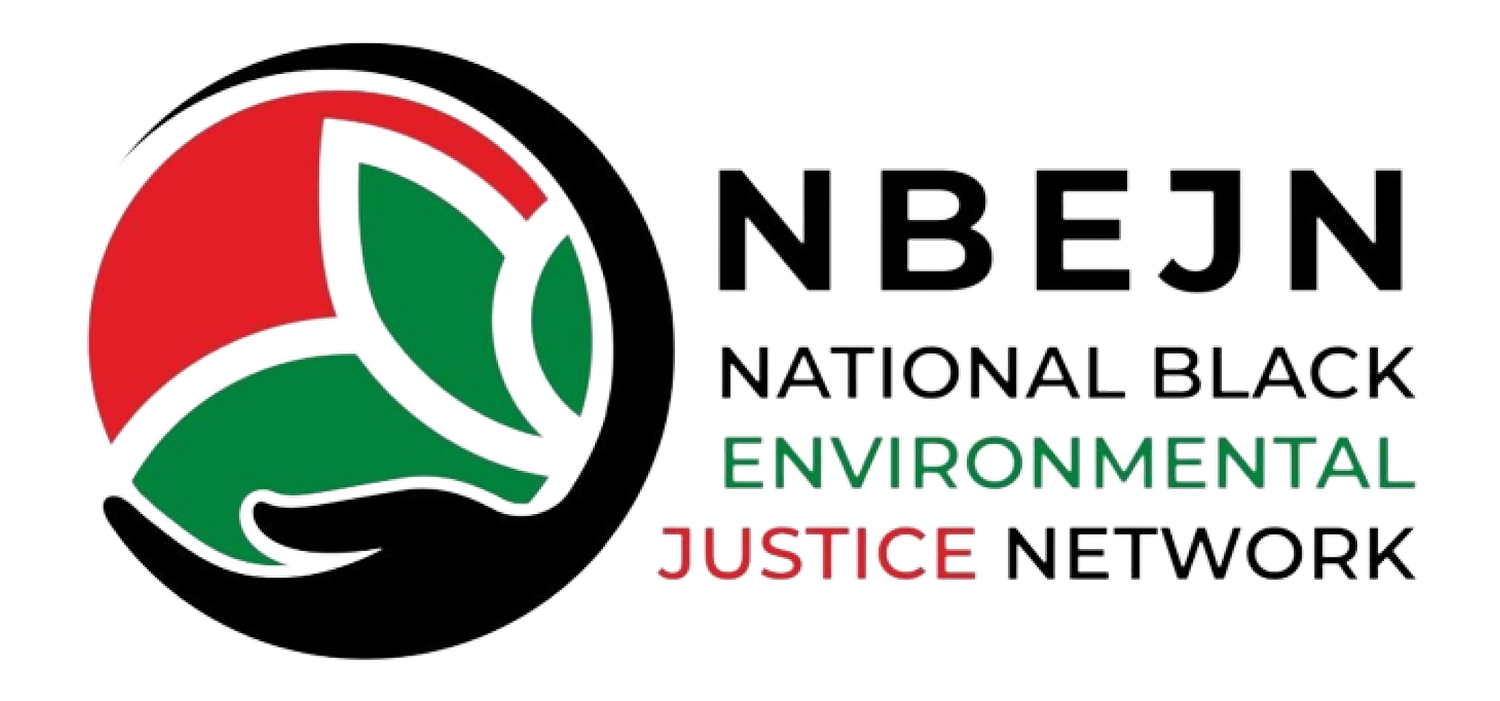The birth of the Environmental Justice movement
A timeline of events
What happened in Warren County, NC
The North Carolina PCB Protest of 1982
The North Carolina PCB Protest of 1982 was a nonviolent activist movement in Warren County, North Carolina, a predominantly black community which the state designated to host a hazardous waste landfill to dispose of soil laced with polychlorinated biphenyls or "PCBs" which are cancer-causing industrial chemicals.
After years of fighting the siting of the facility, protesters took to the streets to prevent the entry of trucks carrying toxic soil.
While the Warren County protests did not prevent the siting of the disposal facility, it was a major spark in the igniting of the environmental justice movement in the United States and internationally.
Environmental Racism
“This is racism. This is environmental racism.”
- Dr. Ben Chavis, Civil Rights Leader
Dr. Ben Chavis was among the more than 500 people arrested for taking part in the nonviolent PCB protests. Chavis is credited with first uttering the term "environmental racism" from the Warren County jail after his arrest.
Excerpt from Dr. Ben Chavis' Robert R. Wilson Distinguished Lecture at Duke University Chapel in Durham, North Carolina - September 15, 2022
"But that night in the Warren County jail, I thought to myself not only that this is wrong, but out of my civil rights background I said this is an environmental wrong — that it's tantamount to environmental racism. And I began to define the term as racial discrimination in public policy making, as the deliberate targeting of people of color communities for toxic waste and hazardous waste facilities, as the exclusion of people of color from public policy making. Back in those days, there were no, very few Black people or Latino people or Native Americans or Asian Americans or Pacific Islanders in the Audubon Society or the Sierra Club or the National Wildlife Federation...Warren County was deliberately targeted. And what we found out because over 500 people were arrested 40 years ago in one county — it brought national attention. And because it brought national media attention we discovered that what was going on in Warren County was not isolated.
The same thing was happening in Louisiana, same thing was happening in Mississippi, same thing was happening in Arizona or New Mexico, same thing was happening in other parts of our nation."




